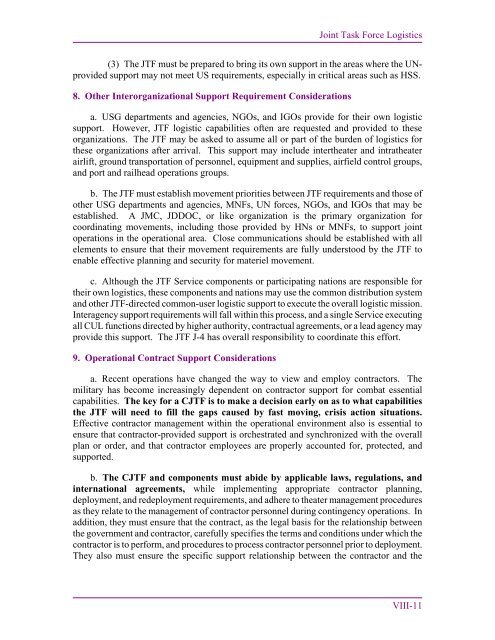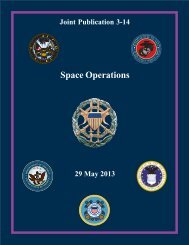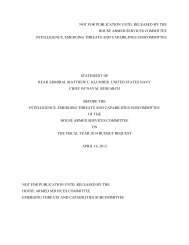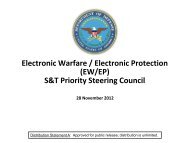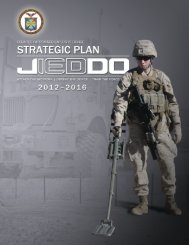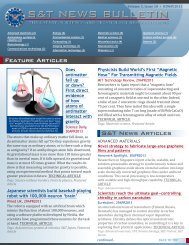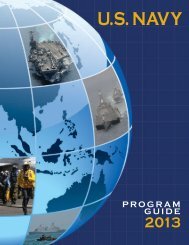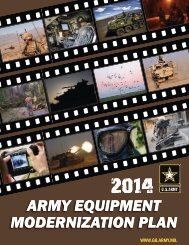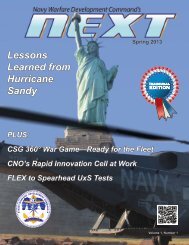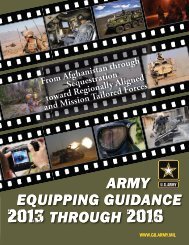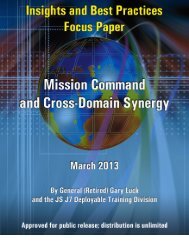JP 3-33, Joint Task Force Headquarters - Defense Innovation ...
JP 3-33, Joint Task Force Headquarters - Defense Innovation ...
JP 3-33, Joint Task Force Headquarters - Defense Innovation ...
You also want an ePaper? Increase the reach of your titles
YUMPU automatically turns print PDFs into web optimized ePapers that Google loves.
<strong>Joint</strong> <strong>Task</strong> <strong>Force</strong> Logistics<br />
(3) The JTF must be prepared to bring its own support in the areas where the UNprovided<br />
support may not meet US requirements, especially in critical areas such as HSS.<br />
8. Other Interorganizational Support Requirement Considerations<br />
a. USG departments and agencies, NGOs, and IGOs provide for their own logistic<br />
support. However, JTF logistic capabilities often are requested and provided to these<br />
organizations. The JTF may be asked to assume all or part of the burden of logistics for<br />
these organizations after arrival. This support may include intertheater and intratheater<br />
airlift, ground transportation of personnel, equipment and supplies, airfield control groups,<br />
and port and railhead operations groups.<br />
b. The JTF must establish movement priorities between JTF requirements and those of<br />
other USG departments and agencies, MNFs, UN forces, NGOs, and IGOs that may be<br />
established. A JMC, JDDOC, or like organization is the primary organization for<br />
coordinating movements, including those provided by HNs or MNFs, to support joint<br />
operations in the operational area. Close communications should be established with all<br />
elements to ensure that their movement requirements are fully understood by the JTF to<br />
enable effective planning and security for materiel movement.<br />
c. Although the JTF Service components or participating nations are responsible for<br />
their own logistics, these components and nations may use the common distribution system<br />
and other JTF-directed common-user logistic support to execute the overall logistic mission.<br />
Interagency support requirements will fall within this process, and a single Service executing<br />
all CUL functions directed by higher authority, contractual agreements, or a lead agency may<br />
provide this support. The JTF J-4 has overall responsibility to coordinate this effort.<br />
9. Operational Contract Support Considerations<br />
a. Recent operations have changed the way to view and employ contractors. The<br />
military has become increasingly dependent on contractor support for combat essential<br />
capabilities. The key for a CJTF is to make a decision early on as to what capabilities<br />
the JTF will need to fill the gaps caused by fast moving, crisis action situations.<br />
Effective contractor management within the operational environment also is essential to<br />
ensure that contractor-provided support is orchestrated and synchronized with the overall<br />
plan or order, and that contractor employees are properly accounted for, protected, and<br />
supported.<br />
b. The CJTF and components must abide by applicable laws, regulations, and<br />
international agreements, while implementing appropriate contractor planning,<br />
deployment, and redeployment requirements, and adhere to theater management procedures<br />
as they relate to the management of contractor personnel during contingency operations. In<br />
addition, they must ensure that the contract, as the legal basis for the relationship between<br />
the government and contractor, carefully specifies the terms and conditions under which the<br />
contractor is to perform, and procedures to process contractor personnel prior to deployment.<br />
They also must ensure the specific support relationship between the contractor and the<br />
VIII-11


